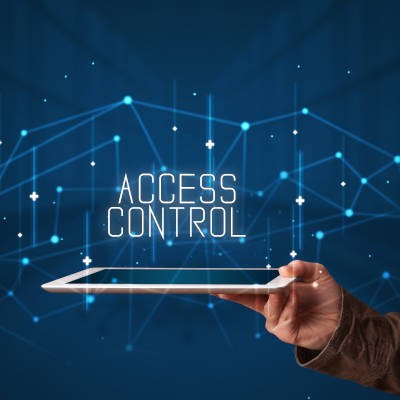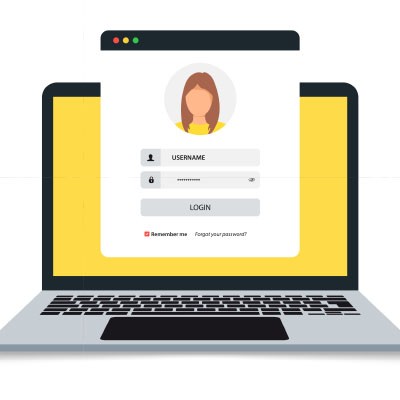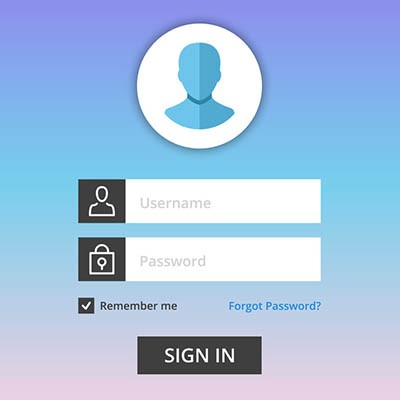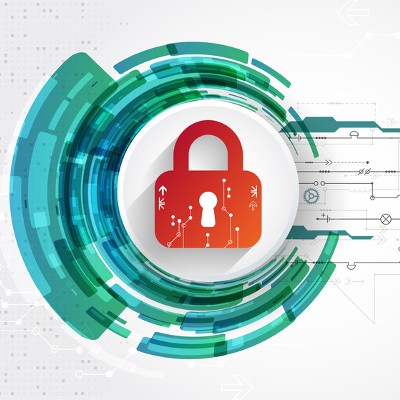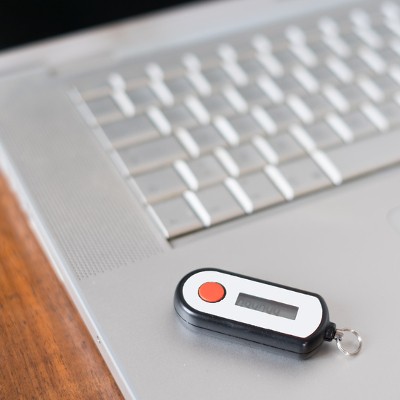Unless you run a business in which each and every employee is responsible for identical tasks, you are going to encounter the need for variable permissions among your staff so that your data can be better protected. One effective means of enforcing these permissions is through an access management policy. Let’s review a few components you should include in such a policy.
USA Computer Services Blog
Over time, your business will accumulate a lot of data, including some that certain employees or departments will have no need to see (or perhaps shouldn’t see). An effective way of keeping eyes from wandering is through an access management policy. Let’s go over a few elements you ought to prioritize in your approach to controlling internal access.
Data security isn’t the easiest thing in the world to plan for, especially if your organization doesn’t have any dedicated security professionals on-hand. While protecting your data with traditional methods, like passwords, firewalls, and antivirus, is important, what measures are you taking to make sure a thief or hacker isn’t just walking into your office and making off with your technology?
Every online account will inevitably ask you to create two different credentials: a username and a password, both of which need to be kept as secure as possible. But what exactly is a username used for, and why is it such an important part of computing? For this week’s tip, we’ll take a look at this credential.
As you run your business, you need to remember a few things. First, your digital security is an incredibly important consideration, as your crucial data could be tampered with or stolen outright. However, you can’t forget the shared importance of your physical security systems and how they will keep your business safe as well.
The Equifax data breach has been a considerable issue for countless individuals, exposing sensitive information that could lead to identity theft and so much more. In response to this breach, some experts are recommending that consumers go as far as freezing their credit lines because of the potential for breaches. Well, it all comes down to a PIN--something that can be easily guessed by a hacker under the right circumstances.

